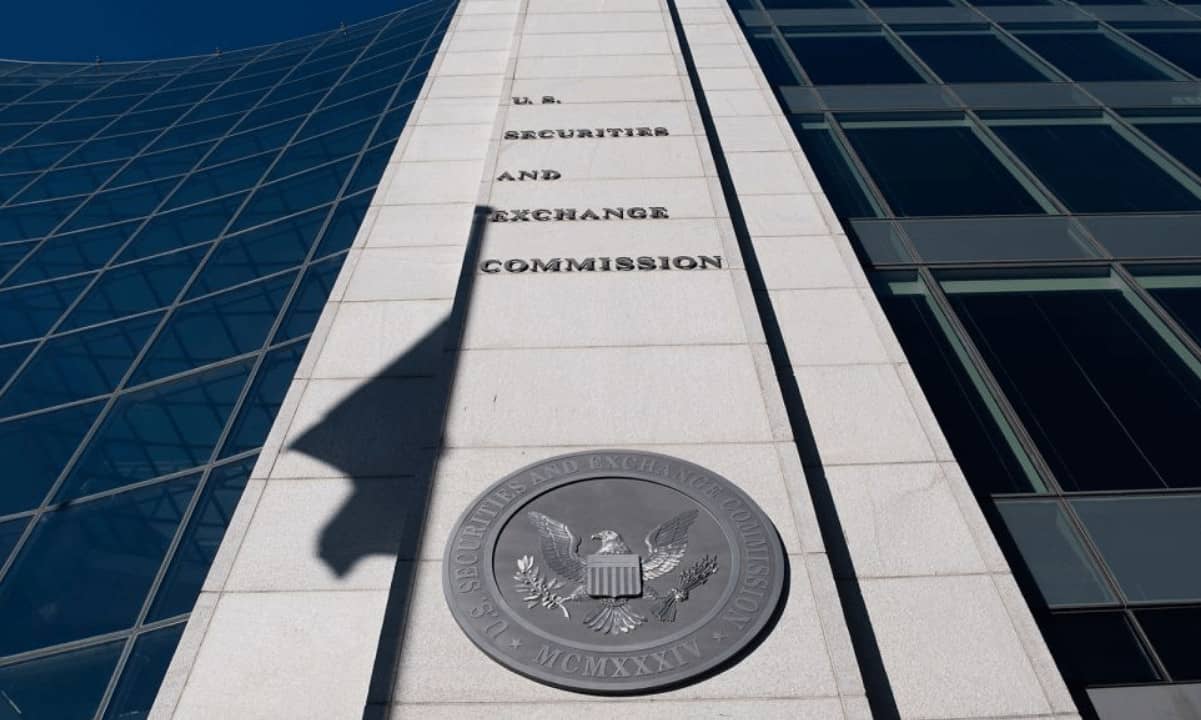Beijing Tightens Grip as Weibo, Kuaishou Face Disciplinary Action
TLDRs;
- China’s internet regulator warns Weibo and Kuaishou over failures in content moderation, citing celebrity gossip and trivial updates.
- The Cyberspace Administration of China summoned company representatives and ordered rectification measures under strict timelines.
- Kuaishou’s e-commerce arm is also under investigation, signaling multi-pronged regulatory pressure on the platform.
- The crackdown reflects Beijing’s push for a more controlled and “positive” digital environment, with wider industry implications.
China’s internet watchdog has escalated pressure on two of the nation’s biggest social media companies, Weibo and Kuaishou, after accusing them of failing to rein in problematic content on their platforms.
The Cyberspace Administration of China (CAC) issued formal warnings, summoned executives for meetings, and ordered corrective action within a defined timeline.
The regulator’s announcement stressed that both platforms repeatedly allowed inappropriate and trivial content to dominate trending lists, particularly celebrity gossip and personal trivia that authorities say dilute the quality of online discourse. By emphasizing this lapse, the CAC has underscored its intention to maintain a “clean and healthy” digital environment, free from distractions it deems harmful to public interest.
Celebrity Gossip Under Scrutiny
The heart of the regulator’s criticism lies in the frequent prominence of entertainment-driven stories. According to the CAC, these types of posts “misdirect public attention” and undermine the platforms’ role in shaping responsible online culture.
The measures are not only about curbing content but also about reminding major internet companies of their obligation to align with the government’s vision for digital governance.
Both platforms acknowledged the reprimand. In statements, Weibo and Kuaishou confirmed they had set up dedicated task forces to implement corrective steps. Company representatives pledged to review trending algorithms, enhance content review mechanisms, and ensure “positive online values” are prioritized over frivolous chatter.
Broader Regulatory Scrutiny Intensifies
The disciplinary action comes at a time when China’s regulators have tightened their watch over digital platforms, signaling a broader strategy to consolidate oversight of the tech industry.
Beyond the content moderation issue, Kuaishou is also facing an additional probe into its e-commerce unit, Kuaigou. The State Administration for Market Regulation (SAMR) recently launched an investigation into potential violations of e-commerce law.
This dual crackdown highlights the multi-layered scrutiny Chinese tech firms are encountering. From content curation to marketplace compliance, regulators are pressing companies to demonstrate accountability across all facets of their operations.
Industry Braces for Ripple Effects
Analysts suggest these moves could reverberate across the sector, prompting rival platforms to tighten their own content moderation policies proactively.
The CAC’s warnings serve not only as disciplinary actions but also as a signal to the broader industry, failure to meet regulatory expectations may lead to escalated penalties, including fines or operational restrictions.
For now, both Weibo and Kuaishou face a period of heightened oversight. Their ability to swiftly address regulatory concerns will determine not only their immediate compliance status but also their standing in China’s increasingly controlled digital landscape.
The post Beijing Tightens Grip as Weibo, Kuaishou Face Disciplinary Action appeared first on CoinCentral.
You May Also Like

SEC Approves Generic Listing Standards Clearing Path For Crypto ETPs

BDACS rolls out KRW1 stablecoin backed by Woori Bank PoC
